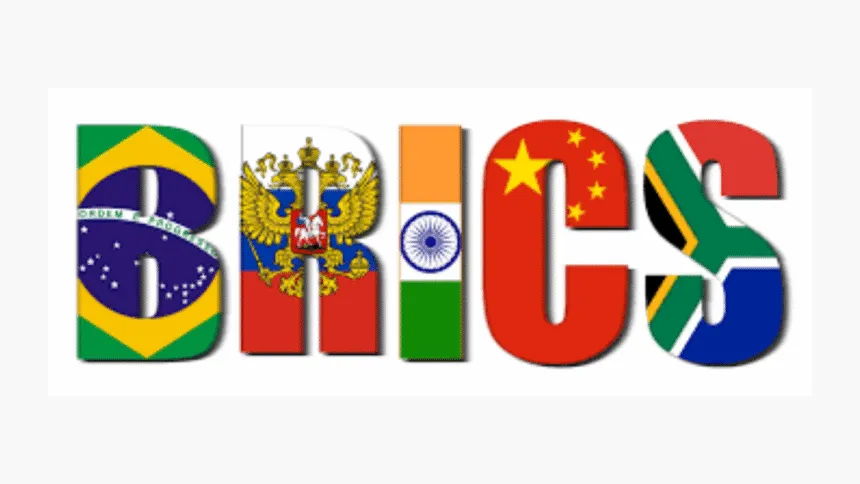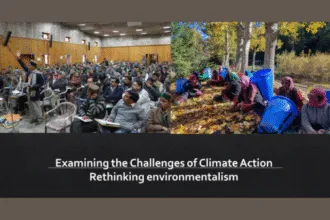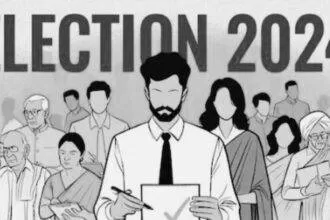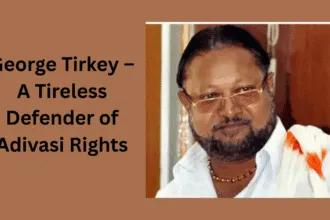The BRICS countries have 40 per cent of the world’s population, 37 per cent of global GDP, 44 percent of oil reserves, 53 per cent of water reserves and 72 per cent of the world’s rare earth reserves. Despite all this potential put at the service of building a multipolar and cooperative world, the BRICS is not adequately represented in the global information flow, receiving hostile and negative treatment, with some of its members, such as Russia, branded as a ‘threat to humanity’ and others labelled as ‘sponsors of terrorism’, such as Iran and Cuba, in clear arbitrary plots aimed at justifying unilateral aggression, such as the recent bombing of the Persian nation or the criminal blockade that has attacked Cuba for more than six decades.
However, far removed from these absurd accusations, the BRICS members are demonstrating progressive dynamism today, advancing their economic, productive and logistical structures. They are opening up an unprecedented and viable path that could free humanity from the constraints of the world we know today. This unipolar world concentrates income, promotes inequalities on a planetary scale, and perpetuates the vast disparity between a handful of wealthy nations and the global majority of impoverished and underdeveloped countries, which have been subjected to centuries of colonial oppression.
The pioneering BRICS proposal aims to substantially change this separate world by stimulating policies of integration and co-operation. But precisely because it challenges this unjust world structure, BRICS is mistreated by the oligopolised hegemonic media – an integral part of this structure of exploitation of the global majority established by a handful of imperialist and interventionist countries, in defiance of international law and human dignity itself.
Despite this media hostility, sanctions and military aggression against some of its members, BRICS is moving forward and consolidating. But in this journey, some steps need to be taken in terms of communication policies to leverage the necessary consolidation and expansion of the bloc, with a view to winning the effective political support of the world’s population for the need to overcome unilateralism, which is increasingly aggressive and bellicose, as demonstrated by the genocide in Gaza, the aggression against the Russian population of Donbass, combined with the sanctions against the Russian Federation and, tragically, the criminal bombing of Iran by the US and Israel.
As independent communicators of various nationalities and representatives of the global majority, we are not satisfied with the censorship of truth, justice and the law practised by the imperialist media. We are determined to fulfil our journalistic duty, often at the cost of our own lives. In the last two years alone, hundreds of journalists have been murdered in Palestine. We therefore express our support for this bloc of countries that are not satisfied with the current international geopolitical power relations. We defend its expansion and consolidation as an alternative for humanity in the face of such an unequal and increasingly violent world.
On 4 July 2025, on the eve of the 17th BRICS Summit under the Brazilian presidency in Niterói, the historic capital of the state of Rio de Janeiro, we came to a unanimous agreement on the need to establish a New International Information Order in line with the principles upheld by the Non-Aligned Movement for decades. It is essential that the BRICS organises its own technological communications platform, including television, radio and the internet. It already has the necessary financial, technological and human resources for this.
***
We suggest that a pool of public news agencies from the BRICS member countries be organised, as well as an international circuit for the circulation of relevant news, which should be accessible to the general public.
We also suggest promoting the organisation of BRICS journalists through their associative, trade union, cultural and professional bodies. This could be achieved by encouraging regular meetings and research into new communication techniques and languages, as well as generating a new approach to journalism that can deconstruct the colonial ideology of today’s predominant news sources. This approach should include identifying and combatting all forms of lawfare, and developing a new conceptual and practical style of journalism.
Communication schools in BRICS countries should offer courses that qualify communicators to promote an economy of cooperation and scientific and technological sharing, and to conceive of culture as the ecology of the soul. This new communication should be capable of questioning and overcoming a mentality that promotes violence and war, and should always aim for a humanity that worships truth and peace.
We strongly advocate the establishment of a BRICS Big Tech to serve the interests of the world’s poorest and least technologically developed countries. A Big Tech for the global majority!
The BRICS should develop a policy to support independent media, providing sufficient resources for professional and technological development, and encouraging a multipolar flow of information.
The communicators gathered in Niterói strongly condemn the murder of 277 journalists and the genocide in Gaza, carried out by Israel with the support of NATO member countries and the United States.
We demand the immediate suspension of all sanctions illegally imposed on BRICS member countries, as well as compensation for Iran in the event of military attacks by Israel and the United States. We also demand that the BRICS condemn the blockade of Cuba.
We also emphasise the need for a New International Security and Development Architecture to be implemented at a global level, capable of defending the security interests and right to development of all countries across the world.
We denounce the censorship imposed by the European Union and NATO on Iranian, Russian and Chinese media outlets, which are prevented from operating in Europe and the United States. We demand the immediate suspension of this affront to press freedom.
We regret Venezuela’s absence from the Rio de Janeiro Summit, where it was not even invited as an observer country, and we support its entry into the BRICS, as proposed at the Kazan Summit.
Finally, the communicators and media outlets gathered in Niterói pledge to continue publicising the BRICS’ achievements in building a cooperative and inclusive world. We also pledge to encourage communication policies within and outside the BRICS that contribute to a New World Information Order.
Niterói, Rio de Janeiro, 4th July 2025
Coordination of the BRICS Press Meeting / Organised by:
Toda Palavra Radio and Newspaper (Brazil) / TV Comunitária de Brasília (Brazil)
Partner and participating media outlets:
Brasil 247 (Brazil); TV BRICS (Russia); Sputnik (Russia); TeleSur (Venezuela); Prensa Latina (Cuba); Schiller Institute (USA); Periodismo Internacional Alternativo (Argentina); HispanTV (Iran); People’s Daily (China); Chinese Daily for South America (China); CONASOL News Network (Brazil); Faixa Livre (Brazil); Brazilian Association of Community Radios (Brazil); Folha Digital/FAFERJ (Brazil); Rádio Favela (Brazil); Hora Certa Newspaper (Brazil); Palestinian Institute of Public Diplomacy (Brazil) ; Canal 60&Blau! (Brazil);
Support: Union of Journalists of the State of Rio de Janeiro; NuBRICS/UFF; iBRICS; Pushkin
Association; IBESVA
( We publish ” The Niteroi Charter” in solidarity with fellow BRICS journalists. Let us fight for a just World Information Order – Sudhir Pattnaik, Chairman, The Samadrusti Media Group)
sudhir.pattnaik@gmail.com
Comments
0 comments








